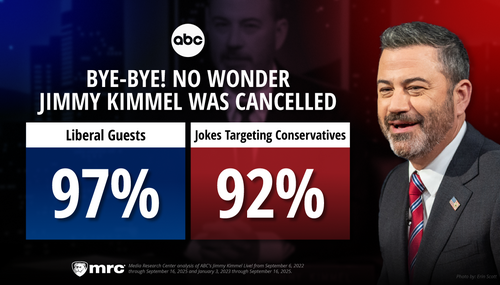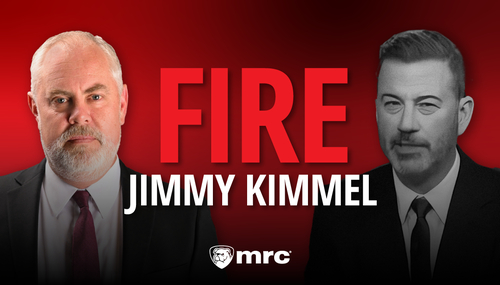A recent interview with influential psychologist and academic, Jordan Peterson, has left many thinking. In a now-viral video, the U.K. Channel 4’s Cathy Newman interviewed the author of 12 Rules for Life a few weeks ago and, naturally, Peterson’s arguments surprised and stumped Newman at almost every turn.
To watch Petersons’ full interview, go here.
Peterson’s interview touched on a number of topics that he has previously written, debated, or taught; among them, the gender pay gap, agreeableness, political correctness, and identity politics.
While his arguments are worth learning about (as he’s been praised by conservatives like Ben Shapiro), what really stood out about was his unwavering dedication to speaking carefully and truthfully in contrast to Newman’s more modern, harsh, and spin-centered debate tactics. In other words, the sort of worldview you read about everyday here on NewsBusters from the liberal media.
In an article published by The Atlantic entitled “Why Can’t People Hear What Jordan Peterson is Saying,” Conor Friedersdorf argued that this method of argumentation is too often relied upon in modern communication. He complained: “First, a person says something. Then, another person restates what they purportedly said so as to make it seem as if their view is as offensive, hostile, or absurd.”
Spinning a person’s words to inspire riotous effects among the information-obsessed population is a tired liberal media tactic. Social media and constant overstimulation of information encourages generally overdramatic responses from the masses, and so forcing offensive arguments into your opponent’s mouth is the easiest way to start an uprising.
Back Newman’s interview, it was the prime example of this whirlwind mentality in politics in which everyone is looking to trap their opponent by twisting their words in order to capture a seductive soundbite.
Had Newman succeeded in this pursuit, perhaps Peterson’s next-day headlines would have looked something more like: “Anti-Gender-Equality Psychologist Makes Offensive Remarks.” Instead, Peterson did not become agitated by Newman’s baiting digs; rather, he came across as a constant, brilliant, and cogent teacher, one who was debating to find truth rather than a headline.
One example came during the interview when they were discussing gender equality:
Newman: Is gender equality a myth?
Peterson: I don’t know what you mean by the question. Men and women aren’t the same. And they won’t be the same. That doesn’t mean that they can’t be treated fairly.
Newman: Is gender equality desirable?
Peterson: If it means equality of outcome then it is almost certainly undesirable. That’s already been demonstrated in Scandinavia. Men and women won’t sort themselves into the same categories if you leave them to do it of their own accord. It’s 20 to 1 female nurses to male, something like that. And approximately the same male engineers to female engineers. That’s a consequence of the free choice of men and women in the societies that have gone farther than any other societies to make gender equality the purpose of the law. Those are ineradicable differences––you can eradicate them with tremendous social pressure, and tyranny, but if you leave men and women to make their own choices you will not get equal outcomes.
Newman: So you’re saying that anyone who believes in equality, whether you call them feminists or whatever you want to call them, should basically give up because it ain’t going to happen.
Peterson: Only if they’re aiming at equality of outcome.
Newman: So you’re saying give people equality of opportunity, that’s fine.
Peterson: It’s not only fine, it’s eminently desirable for everyone, for individuals as well as societies.
With each argument Peterson addressed, Newman attempted to put words in his mouth, using phrases such as “so you’re saying,” followed by some sort of ridiculous over exaggeration and misrepresentation of the argument presented. But she failed every time.
Throughout the interview, whenever Newman was unable to respond logically to an argument, she reverts to the cliched sentiment, “Aren’t you just whipping people up into a state of anger?”
The persistent and unfazed response from Peterson was, “[n]ot at all,” and a continuance of his original argument. At the end of the interview, Newman was visibly dissatisfied with her ability to trick her opponent, and Peterson was successfully able to breach the nearly impenetrable wall of liberal PC booby traps.
I think modern debaters could learn a lot from Jordan Peterson. His calm, collected demeanor in addition to his steadfastness and careful word usage brought his point to the forefront, rather than the possible click-bait response Newman was looking for. And, from him, I’ve learned there is so much power in the phrase “No, that’s not what I said.”




